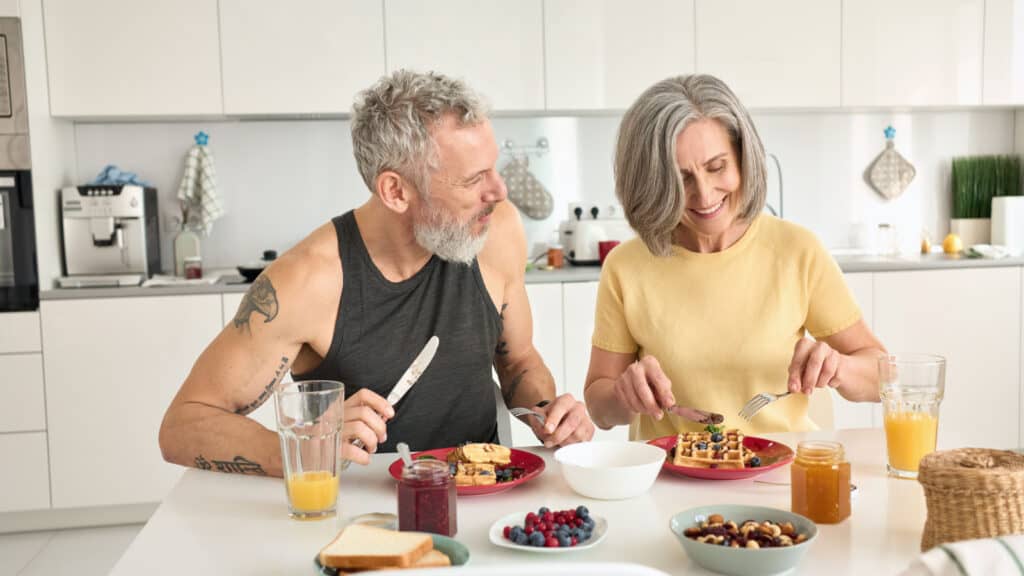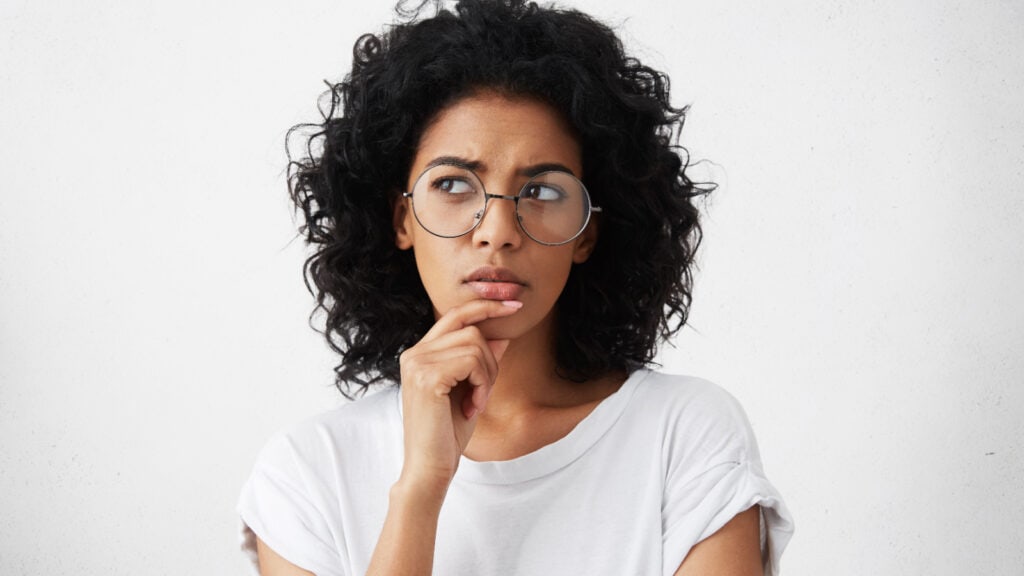Optimizing Recovery for Athletes with Irritable Bowel Syndrome (IBS)
For athletes dealing with irritable bowel syndrome (IBS), proper nutrition plays a vital role in improving gastrointestinal health, enhancing performance, and facilitating post-workout recovery. In this article, we’ll explore the symbiotic relationship between nutrition and exercise, the significance of exercise recovery, and how to manage IBS while striving for fitness goals.
Nutrition & Exercise: A Crucial Partnership

Maintaining a balanced daily nutrition plan is essential for athletes, especially those with IBS. Your dietary choices significantly impact your recovery, reduce the risk of injury, and keep you motivated during your training journey.
The Importance of Exercise Recovery

Exercise places stress on various body systems, leading to muscle damage and physiological changes. Nutrition is key to maximizing the recovery process, allowing your body to adapt to training stress and improve performance.
Gut Health & IBS in Recovery

Athletes with IBS may face challenges in their recovery journey due to exercise’s impact on the gastrointestinal tract. Proper strategies can help manage IBS symptoms while achieving fitness goals.
Key Nutrition Components for Recovery

- Energy Balance: Match caloric intake with energy expenditure, accounting for various factors.
- Hydration: Proper fluid intake is crucial to prevent GI issues during exercise.
- Protein: Adequate protein supports muscle repair and overall health.
- Carbohydrates: Focus on complex carbs, especially when following the low FODMAP diet for IBS.
- Colorful Diet: Include fruits and vegetables to promote gut health and recovery.
- Nitrogen-Rich Foods: Nitrates can enhance physical performance and recovery.
Nutritional Enhancements

Supplements may be beneficial for athletes and those with IBS. Consult a healthcare professional before adding any supplements to your diet.
- Multivitamins: Ensure essential nutrient requirements are met.
- Vitamin D: Important for immunity and bone health.
- Magnesium: Vital for muscle contractions and overall health.
- Protein Powders: Help meet protein needs and dietary restrictions.
- Omega-3 (EPA & DHA): May benefit those with IBS and inflammatory conditions.
- Extra Carbohydrates: Endurance athletes may need carbohydrate products for fueling.
Supplementary Approaches for Recovery & GI Health

Consider additional strategies to optimize recovery and gastrointestinal health:
- Thermal Therapy: Hot and cold therapy may help with muscle soreness and digestive well-being.
- Massage Therapy: Massage can reduce muscle soreness and improve relaxation.
- Slumber’s Role: Adequate sleep is crucial for exercise performance and digestive function.
- Light & Temperature: Practices like morning sunlight exposure and maintaining a cool sleeping environment can enhance sleep quality.
The Takeaway

Athletes with IBS can achieve their fitness goals by focusing on nutrition, exercise recovery, and gut health. Consult a Registered Dietitian for personalized guidance on this journey. Don’t let IBS hold you back – embrace the path to a stronger, healthier you!
Original version of this article written by Leigh Merotto RD MHSc. for FODMAP Everyday.
For More Gut Health Guidance

Our sister publication FODMAP Everyday is at the forefront of IBS education, particularly in relation to the low FODMAP diet. We have brought versions of many of the articles here for you:







